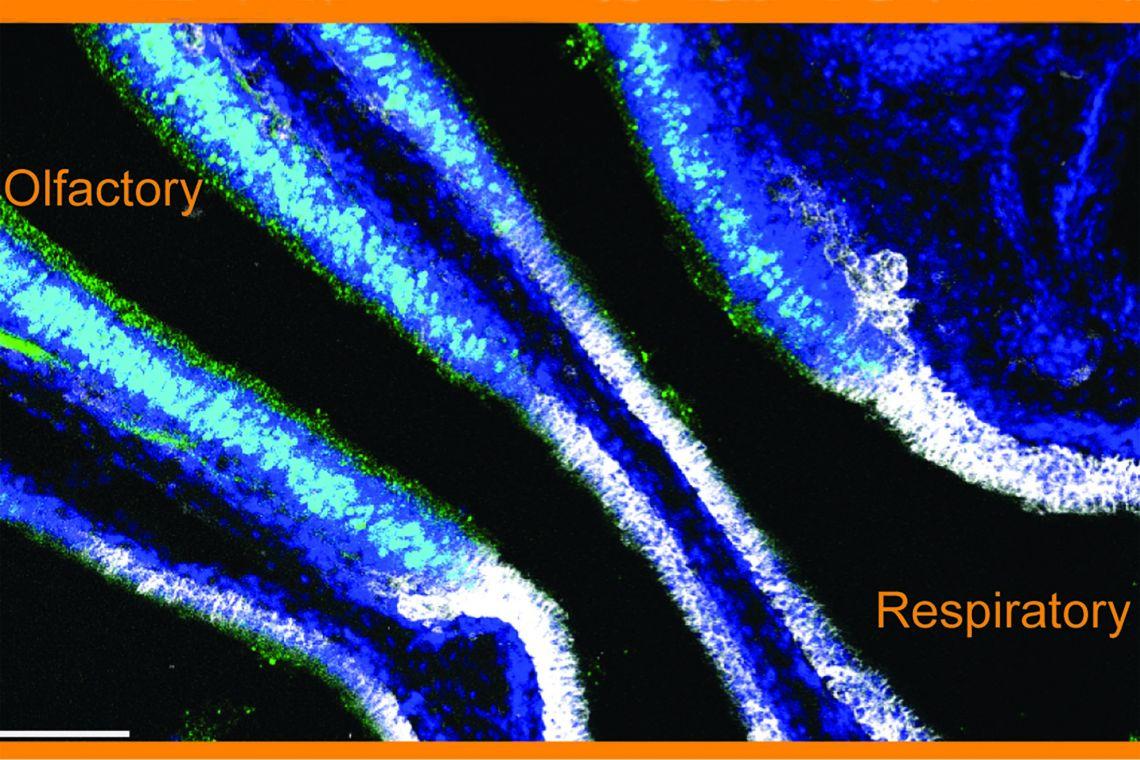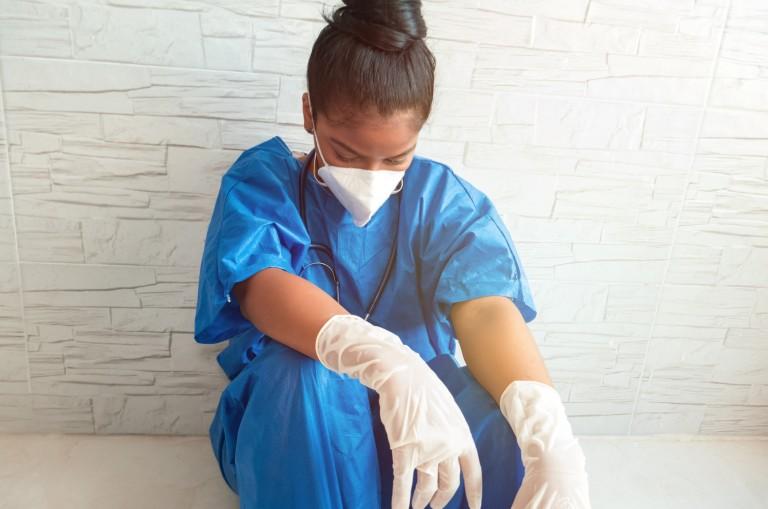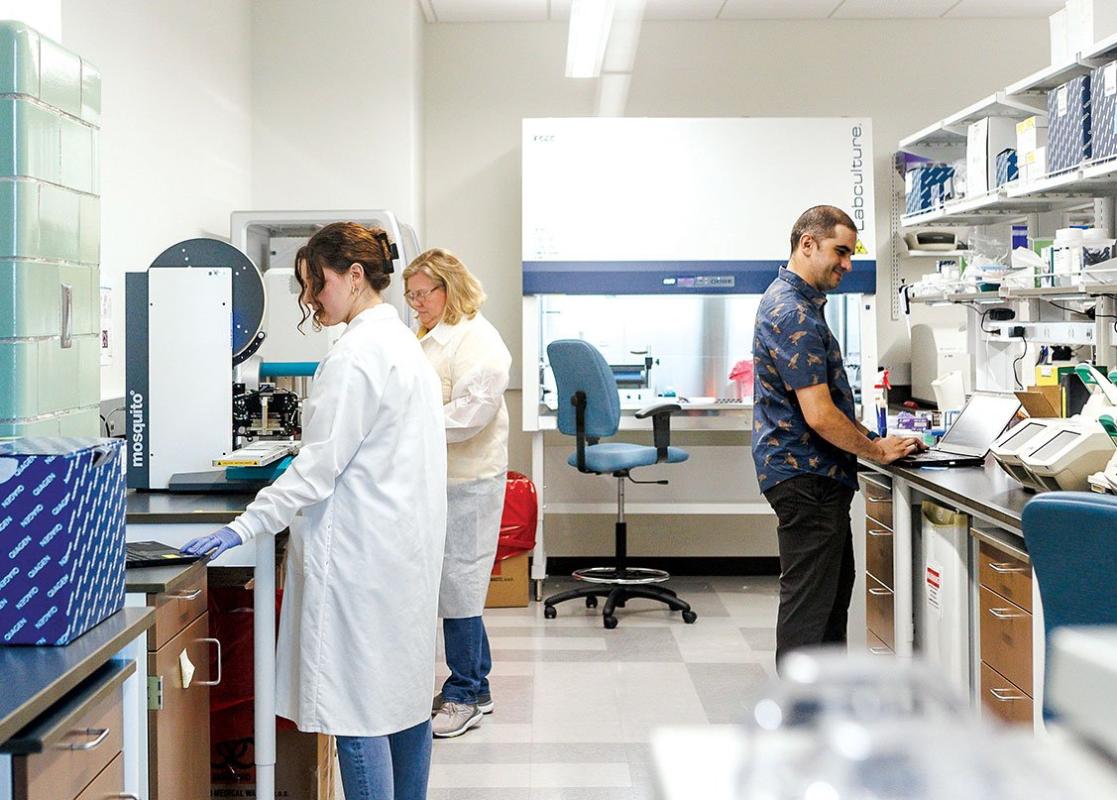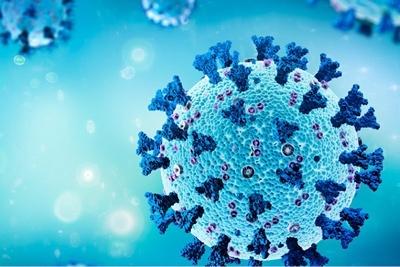Engaging the Community: Dr. Susanna Naggie
Dr. Susanna Naggie and her colleagues at Duke University School of Medicine knew that COVID-19 was disproportionately impacting communities of color through higher rates of infection, severity of disease and associated adverse outcomes. Determined to be part of the solution, they set out to understand and address these disparities in real time.
Newly Discovered Barrier Prevents Immunity from Reaching Smell-sensing Cells
Duke scientists have identified a previously unknown barrier that separates the bloodstream from smelling cells in the upper airway of mice, likely as a way to protect the brain.
But this barrier also ends up keeping some of the larger molecules of the body’s immune system out, and that may be hindering the effectiveness of vaccines.
Large Survey Identifies Toll of Pandemic on Health Care Worker Exhaustion
COVID exacted a huge toll on the wellbeing of health care workers. Already struggling with high levels of emotional exhaustion going into the pandemic, the problem grew even worse after two years of managing the crisis. Nurses have been especially hard hit.
Inside the Massive Genome Sequencing Operation Guiding Duke's COVID Response
Indy Week explores how a group of genome sequencing research scientists at Duke steered the university's COVID-19 response.
DCRI Selected as Clinical Trials Data Coordinating Center for NIH RECOVER Long COVID Initiative
The Duke Clinical Research Institute (DCRI) has been named the Clinical Trials Data Coordinating Center for large-scale national research studies aimed at understanding and improving the treatment of long COVID.
CRISPR Technology Demonstrates Success in Preventing and Treating COVID
In what is believed to be a first, a research team led by Duke Health has demonstrated a way to use CRISPR technology to successfully prevent and treat COVID infections.
Study Finds No Benefit to Taking Fluticasone Furoate for COVID-19 Symptoms
A study led by the Duke Clinical Research Institute (DCRI) in partnership with Vanderbilt University found no symptomatic or clinical benefit to taking fluticasone furoate for the treatment of mild-to-moderate COVID-19 symptoms.
Monoclonal Antibody Treatment Reduced Deaths in Hospitalized COVID Patients
A monoclonal antibody treatment taken by patients hospitalized with COVID-19 did not improve recovery time but did reduce deaths, according to a study published July 8 in The Lancet Respiratory Medicine.
Study Finds No Benefit to Taking Ivermectin for COVID-19 Symptoms
A study led by the Duke Clinical Research Institute (DCRI) in partnership with Vanderbilt University found no differences in relief of mild-to-moderate COVID-19 symptoms between participants taking ivermectin and participants taking a placebo.
How to Manage the Next COVID Wave
Americans heading to the beach, backyard barbecues or long family road trips this summer might consider packing masks, test kits and a little common sense along with their swim trunks and sunscreen.







